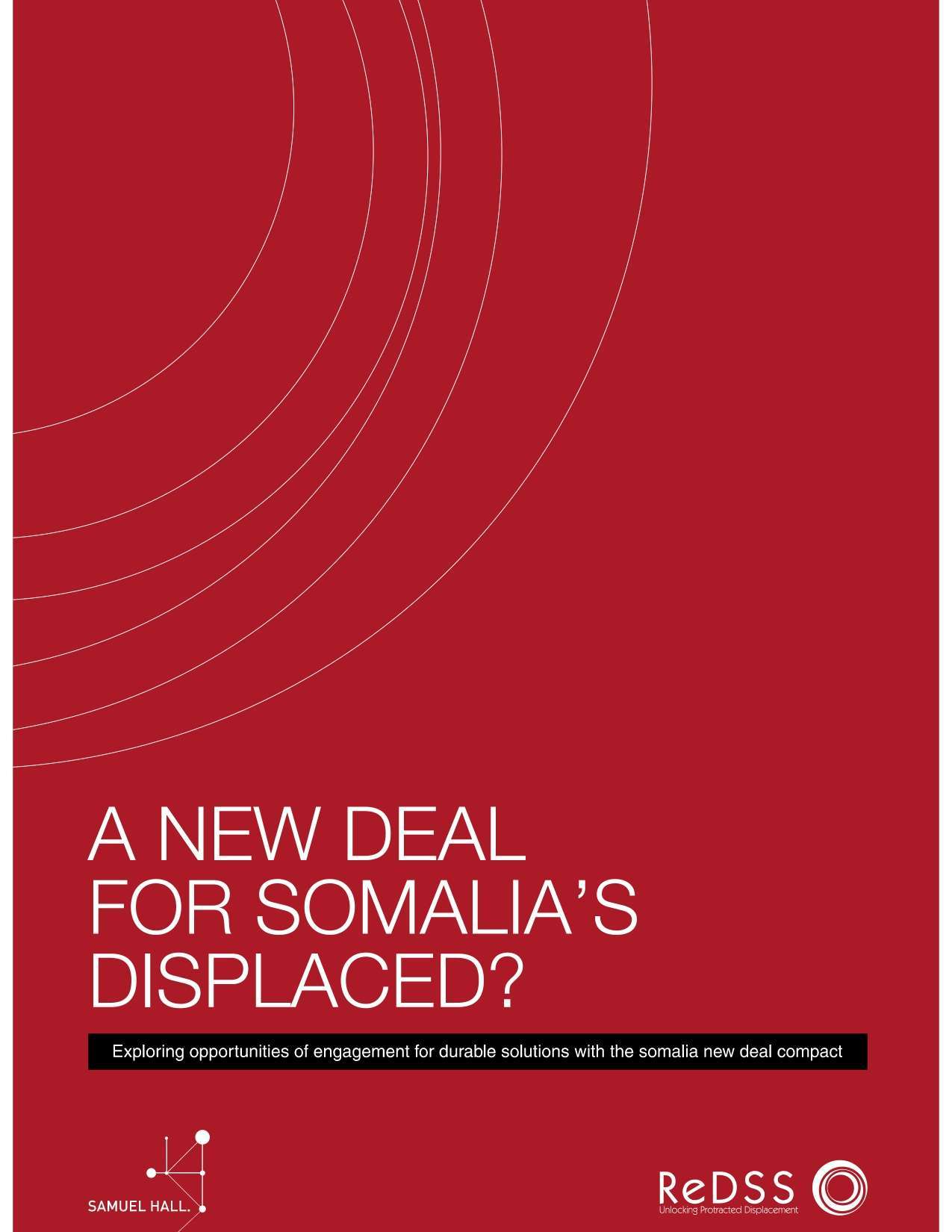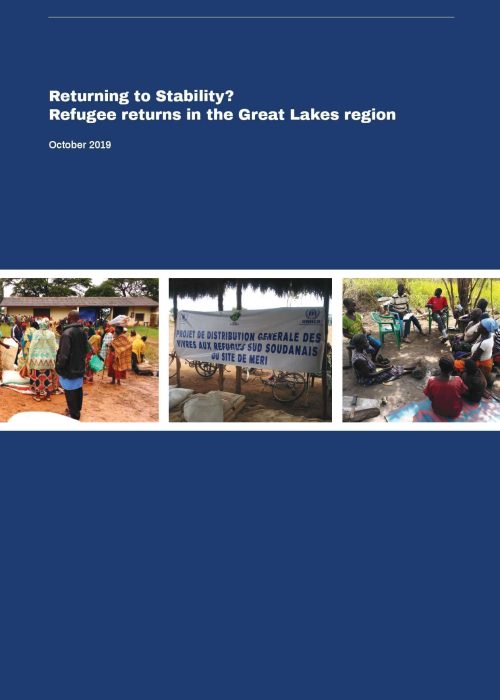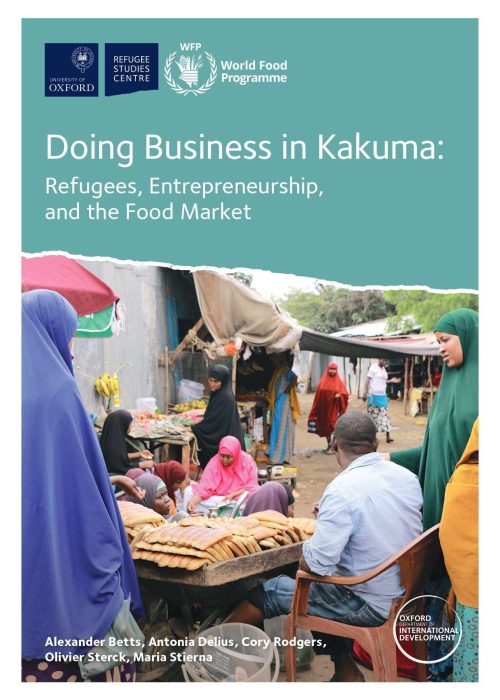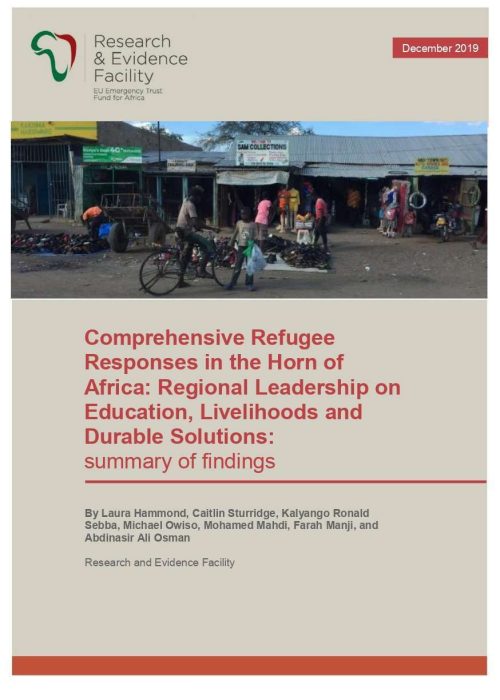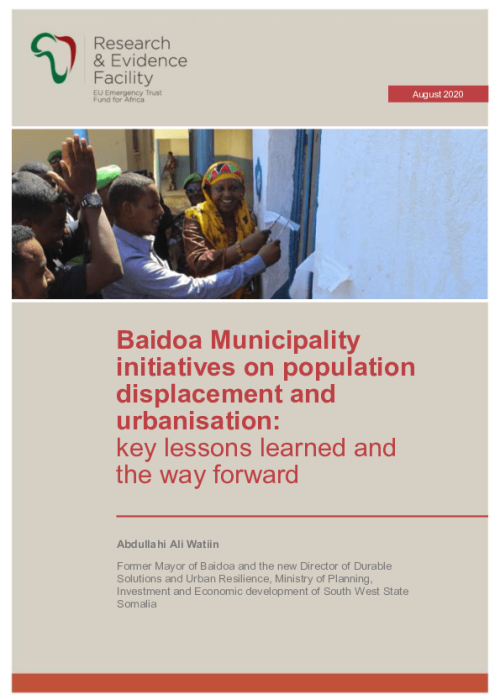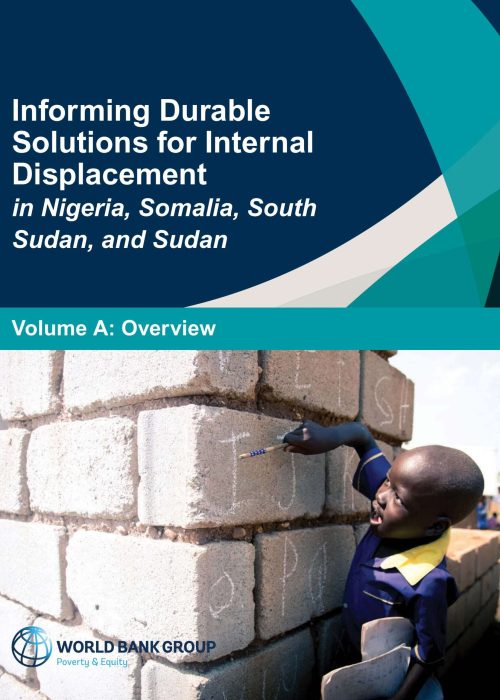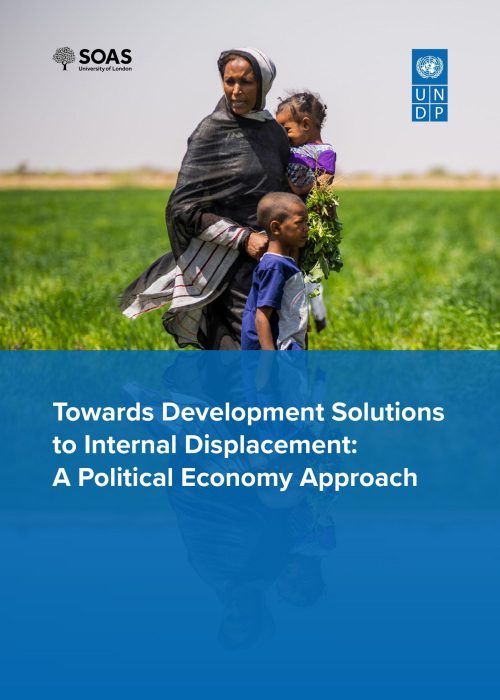The document is a report commissioned by the Danish Refugee Council (DRC) to explore the opportunities and challenges of engaging with the Somalia New Deal Compact, a framework for peacebuilding and state-building in Somalia, to promote durable solutions for displaced people. The report argues that displacement is not only a humanitarian issue, but also a development and stability issue, as it affects about 20% of Somalia’s population and has implications for social cohesion, economic recovery, and political inclusion. Therefore, the report suggests that displacement should be mainstreamed into the New Deal process and its five peacebuilding and state-building goals (PSGs), which cover inclusive politics, security, justice, economic foundations, and revenues and services.
The report provides a context analysis of the New Deal in Somalia, highlighting its achievements, challenges, and gaps in addressing displacement. It also presents a framework for analysis and recommendations on how to engage with the New Deal priorities and structures to advance durable solutions for displaced people. The report identifies three levels of engagement: advocacy, programmatic, and operational. It also provides specific suggestions for each PSG and for different stakeholders, such as the Federal Government of Somalia, the international community, and NGOs.
The report concludes that the New Deal presents a unique opportunity to emphasize the importance of displacement in development and stability frameworks, and to ensure that displaced people are not left behind in Somalia’s recovery. It calls for a coordinated and collaborative approach among all actors to mainstream displacement and durable solutions in the New Deal process and outcomes.
